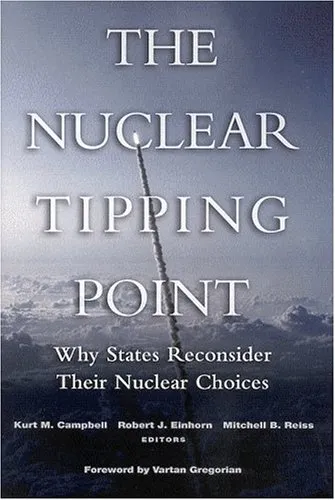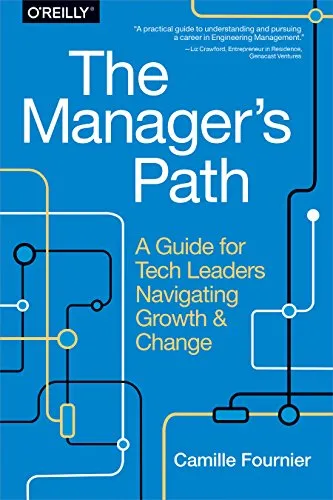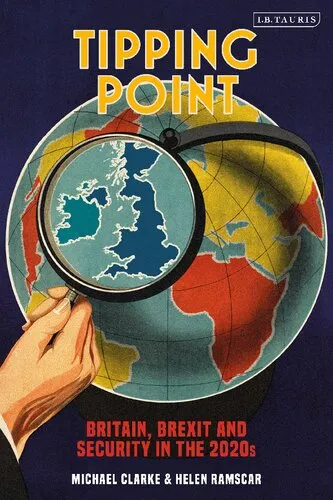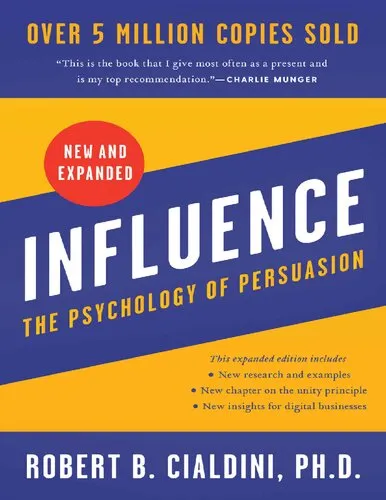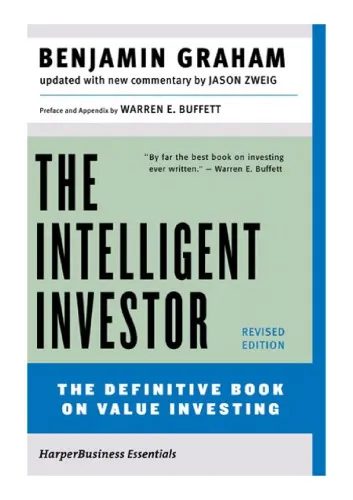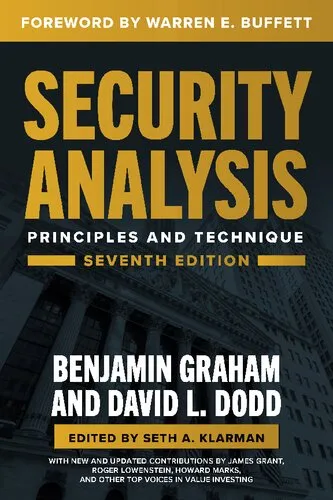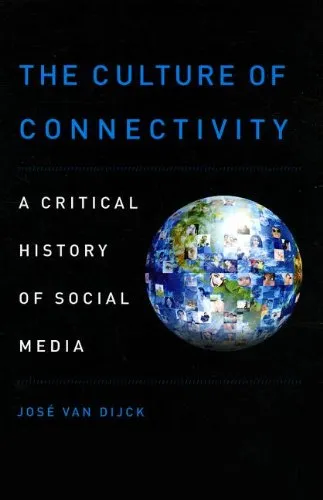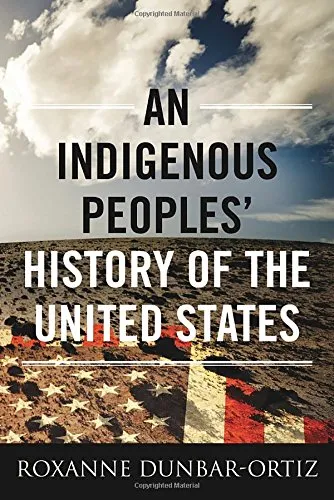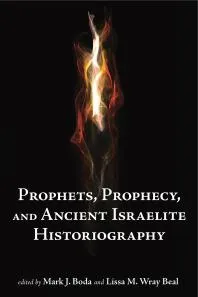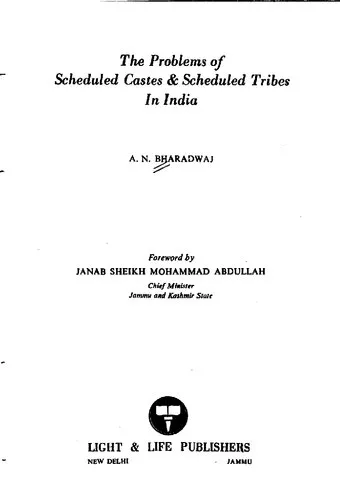The Nuclear Tipping Point: Why States Reconsider Their Nuclear Choices
4.0
Reviews from our users

You Can Ask your questions from this book's AI after Login
Each download or ask from book AI costs 2 points. To earn more free points, please visit the Points Guide Page and complete some valuable actions.Related Refrences:
The Nuclear Tipping Point: An Introduction
Welcome to a profound exploration of nuclear proliferation and international security in "The Nuclear Tipping Point: Why States Reconsider Their Nuclear Choices." Authored by Kurt M. Campbell, Robert J. Einhorn, and Mitchell B. Reiss, this book meticulously examines why certain states teeter on the edge of acquiring nuclear weapons, what catalysts drive these decisions, and how global dynamics shape these choices.
Detailed Summary of the Book
This book delves deep into the complexities behind why states reconsider their nuclear ambitions. Using in-depth case studies and theoretical insights, the authors investigate the multitude of factors contributing to a state's decision to pursue or abstain from nuclear armament. The narrative keenly observes historical patterns, geopolitical tensions, and the underlying motivations of various nations.
The authors argue that nuclear decisions are rarely isolated incidents influenced solely by national security concerns. Instead, they are multifaceted evaluations integrating global standing, economic sanctions, technological abilities, and internal political dynamics. Through a series of expert analyses, the book reveals how balancing these elements becomes crucial in any state's pursuit or abandonment of nuclear capabilities.
Key Takeaways
- Understanding Motivation: Nations' nuclear ambitions are seldom propelled by a single cause but result from a web of influential factors, ranging from security needs to political prestige.
- Policy Implications: The book underscores the importance of effective international policies and diplomatic interventions in mitigating nuclear proliferation risks.
- The Role of Global Dynamics: Changes in global politics, such as shifts in alliances and rivalries, can significantly impact national nuclear strategies.
- Technological Access: Access to or denial of nuclear technology and resources can be pivotal in a state's decision-making process.
Famous Quotes from the Book
“The decision for a state to go nuclear is not made in a vacuum; it is a reflection of complex domestic and international equations.”
“Understanding why states reconsider nuclear choices is essential for predicting and preventing future proliferation crises.”
Why This Book Matters
In an era where nuclear threats remain a substantial part of global security discussions, "The Nuclear Tipping Point" provides essential insights into how states decide to pursue or halt nuclear weapons programs. As international stakeholders strive to prevent proliferation, understanding these processes is vital for developing effective deterrents and ensuring a stable geopolitical environment. The authoritative analyses presented in this book not only enhance academic understanding but also inform policymakers and practitioners on crafting nuanced, impactful strategies.
Furthermore, this text is crucial for readers seeking to grasp the delicate balance that countries maintain between pursuing national security interests and adhering to global non-proliferation norms. It serves as a definitive guide, offering both historical context and future foresight, making it an invaluable resource for scholars, diplomats, and anyone interested in the complexities of international relations and arms control.
Free Direct Download
You Can Download this book after Login
Accessing books through legal platforms and public libraries not only supports the rights of authors and publishers but also contributes to the sustainability of reading culture. Before downloading, please take a moment to consider these options.
Find this book on other platforms:
WorldCat helps you find books in libraries worldwide.
See ratings, reviews, and discussions on Goodreads.
Find and buy rare or used books on AbeBooks.
1586
بازدید4.0
امتیاز0
نظر98%
رضایتReviews:
4.0
Based on 0 users review
Questions & Answers
Ask questions about this book or help others by answering
No questions yet. Be the first to ask!
